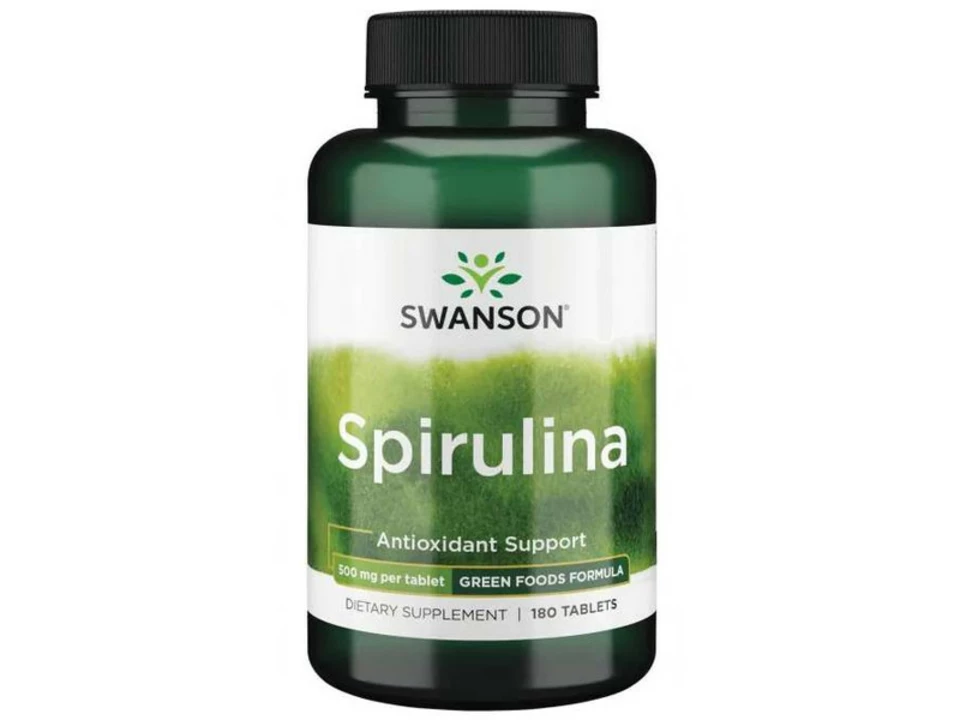Modern Dietary Supplements: What Works, What’s Worth It, and How to Stay Safe
Modern dietary supplements are everywhere. Whether you’re scrolling social media, shopping at the pharmacy, or talking to friends, you can’t miss them. People turn to these supplements for energy, better sleep, muscle gain, immunity boosts—even clearer skin. But is grabbing the latest trendy supplement really making a difference for your health?
The truth is, not all supplements are created equal. Some, like basic multivitamins, fill simple nutrition gaps. Others, like probiotic capsules or omega-3 pills, target more specific needs. The supplement aisle is loaded with choices—from plant-based powders to amino acids to herbal blends. But just because it’s sold online or endorsed by influencers doesn’t always mean it’s safe or effective.
So how do you decide what’s legit and what’s hype? Start with your own needs. For example, if your doctor says you’re low on vitamin D, that’s a clear green light to supplement. But if you’re healthy and already get a good balance of nutrients from food, loading up on more isn’t always better. In fact, too much of certain nutrients—like vitamin A or iron—can actually cause problems over time.
Look for products made by reputable brands with clear labels. Ingredients should be printed in plain language, and the packaging should have a Canadian Natural Product Number (NPN) or be approved by Health Canada. “Proprietary blends” or mystery mixes often hide how much of the good stuff you’re getting. If you can’t tell what’s inside or where it comes from, trust your gut and walk away.
Online pharmacies and supplement websites can offer good deals, but they can also come with risks. Before you buy, read real customer reviews, check for proof of third-party testing, and stick to sites connected to actual licensed pharmacies. Be wary of miracle claims or promotions that sound too good to be true—like “Lose 10kg in one week!” or “Cures all diseases.” Because, let’s face it, there’s no single pill or powder that does everything for everyone.
Think about your lifestyle too. Athletes may benefit from protein powders, creatine, or vitamin B12. People following plant-based diets might need a little help from iron or B12, since those nutrients are trickier to get from plants alone. Folks looking to support gut health often turn to probiotics or fiber supplements, but there’s no single product that’s right for everyone—and science around these is always evolving.
Side effects are real, even with something as innocent as herbal tea. Green tea extracts, for example, can cause liver issues if you take too much. Magnesium might help cramps but give you diarrhea if you overdo it. Always follow package instructions and, when in doubt, check with your doctor or pharmacist—especially if you’re taking prescription meds.
So, thinking of adding a modern dietary supplement to your routine? Do your homework. Check the ingredients, scan reviews, and don’t trust wild promises. And remember, supplements are just that—a supplement to a healthy diet, not a shortcut or replacement for real food and smart habits.
Discover the Ancient Healing Powers of Gotu Kola in Today's Modern Dietary Supplement
I recently came across an incredible natural remedy called Gotu Kola, which has been used for centuries in traditional medicine. This ancient herb has some amazing healing properties and is now available in modern dietary supplements. I was fascinated to learn that Gotu Kola can improve memory, reduce anxiety, and even support wound healing. It's exciting to think that we can benefit from the wisdom of ancient cultures in our daily lives through these supplements. I can't wait to try Gotu Kola and experience its healing powers for myself!
